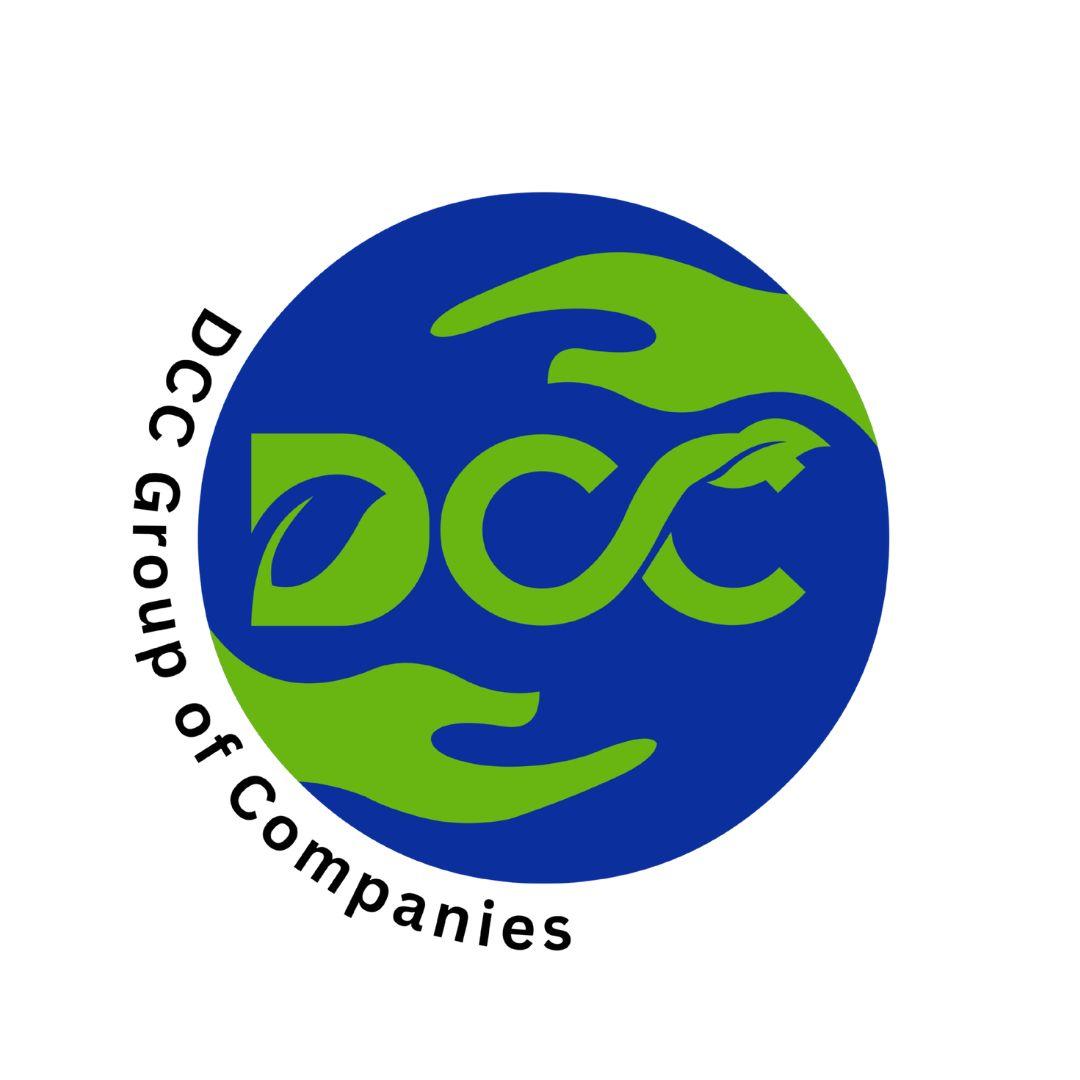India generates over 62 million tons of municipal solid waste (MSW) annually, with only 30% recycled, leading to overburdened landfills and environmental challenges like methane emissions and groundwater contamination. DCC Group, a leader in recycling waste solutions, is transforming waste management with their advanced automatic waste sorting plant technology. By integrating MSW sorting plants, MSW treatment plants, and waste screening machines, DCC drives India toward a cleaner, sustainable future, supporting the Swachh Bharat Mission and circular economy goals.
The Power of Automatic Waste Sorting Plants
Automatic waste sorting plants streamline waste processing by automating the segregation of mixed waste into recyclables, organics, and refuse-derived fuel (RDF). DCC’s MSW sorting plants process 10-500 tons daily, achieving up to 95% sorting accuracy. Unlike manual sorting, which is labor-intensive and error-prone, these plants use waste screening machines like trommel screens, ballistic separators, and magnetic separators to sort waste by size, shape, and material type, as noted in industry sources.
The MSW treatment plant begins with waste entering a conveyor system, where waste screening machines separate fines (soil, sand) from larger materials. Ballistic separators categorize 2D (paper, plastic films) and 3D (bottles, cans) fractions, while optical and magnetic sensors isolate plastics and metals. This automated process ensures clean material streams, with plastics recycled into granules, organics composted using OWC machines, and non-recyclables converted into RDF, reducing landfill dependency by up to 90%.
Driving a Cleaner Future
DCC’s automatic waste sorting plants are pivotal for sustainable urban development. In cities like Delhi and Bangalore, their MSW sorting plants handle thousands of tons of fresh waste, preventing degradation and odors. For instance, the Ghazipur landfill bio-mining project reclaimed 3.05 acres by sorting legacy waste into compost, recyclables, and RDF. This reduces methane emissions (0.5 tons of CO2 equivalent per ton of waste) and prevents groundwater contamination, aligning with India’s Plastic Waste Management Rules.
The recycling waste solutions offered by DCC’s MSW treatment plants support a circular economy. Recycled plastics are transformed into new products, compost supports urban agriculture, and RDF powers waste-to-energy plants, reducing fossil fuel use by 0.54 tons of CO2 per ton of waste. Decentralized processing minimizes transport emissions (0.3 tons of CO2 per ton), making these plants ideal for smart cities aiming for zero-waste goals.
Challenges and Innovations
Inconsistent source segregation and high initial costs pose challenges, but DCC counters these with community education and scalable designs. Their automatic waste sorting plants integrate AI-driven sensors and IoT monitoring to enhance sorting precision and predict maintenance needs. The global waste management market, projected to reach USD 2.1 trillion by 2027, offers opportunities for DCC to adopt blockchain for waste tracking and chemical recycling for non-recyclable materials.
A Sustainable Urban Vision
DCC Group’s automatic waste sorting plant technology is transforming waste management, making cities cleaner and greener. Contact them at info@zerowasterecycler.com or +91-7290049003 to explore how their MSW sorting plants and recycling waste solutions can drive your city toward a zero-waste, sustainable future.



